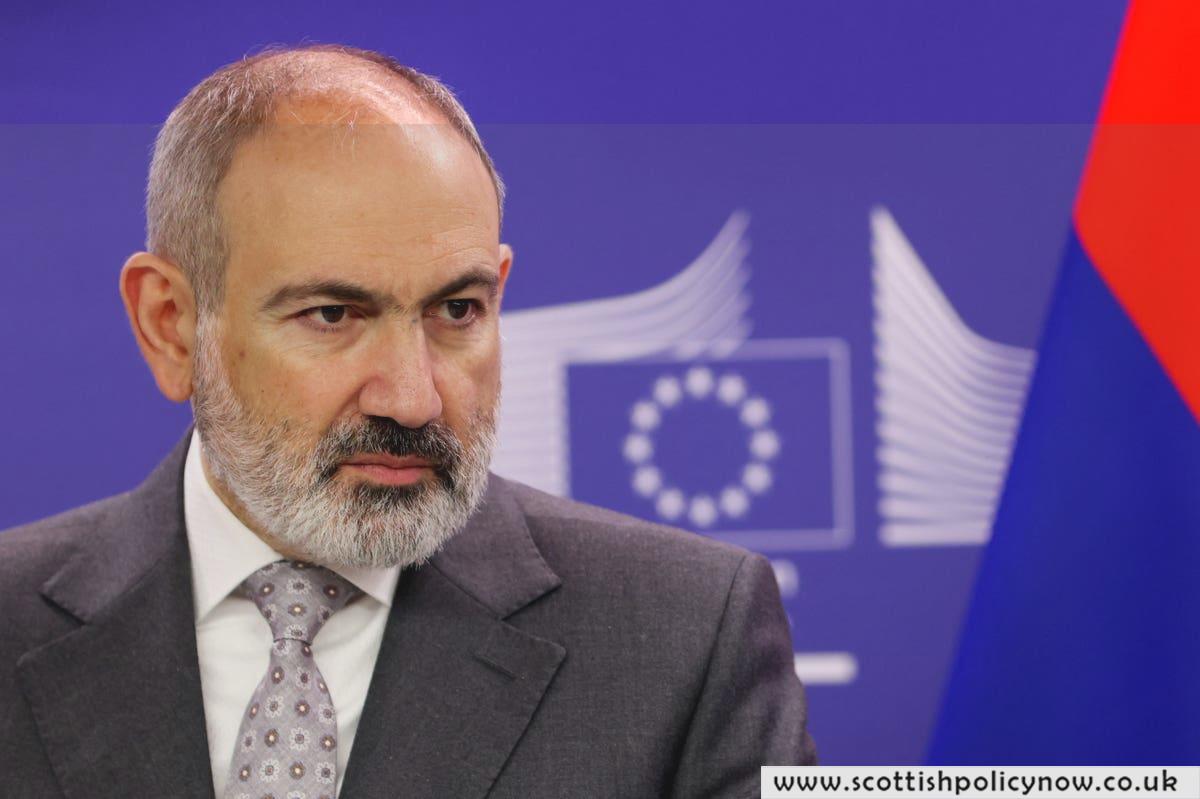While global attention has been focused on the wars in Ukraine and the Middle East, a critical geopolitical crisis is unfolding in the Caucasus. Armenia, following a brief but intense conflict with neighboring Azerbaijan, is distancing itself from its historical ties with Russia and forging a new path as a Western ally in Vladimir Putin’s backyard.
The key players in this drama are familiar to those following the Ukraine and Middle East conflicts. Russia, which is ostensibly Armenia’s ally, failed to protect the country from Azerbaijan’s invasion and has appeared to change sides. Israel has supplied significant weaponry to Azerbaijan, while Iran, a Shia-majority country, has declared it will not allow its border with Armenia to fall under the control of Sunni Azerbaijan, or the “Zionist Entity” supporting it.
Armenia’s Prime Minister, Nikol Pashinian, is navigating a delicate balancing act. He aims to shift his country’s allegiance toward the West while avoiding a new war with Azerbaijan, which holds considerable military power. Azerbaijan’s president, Ilham Aliyev, continues to issue threats, and Pashinian’s efforts at diplomacy have drawn accusations of appeasement, especially after his government’s recent decision to hand over four villages to Azerbaijan.

In Armenia, where the Genocide Remembrance Day is commemorated to remember the 1.5 million Armenians killed in 1915 under the Ottoman Empire, there are deep concerns about what the future holds. The loss of Nagorno-Karabakh in the recent conflict has left Armenia seeking new allies to prepare for possible confrontations ahead.
Pashinian acknowledges the significant role Russia plays in the South Caucasus region but highlights Armenia’s efforts to build stronger ties with Western nations and the European Union. This shift towards the West began with political reforms following widespread protests four years ago.
“We have never been far from the West,” Pashinian says, emphasizing that the country’s embrace of democracy is a strategic choice rather than a temporary measure. He adds that the diversification of Armenia’s foreign relations is part of a broader global trend. The Republic of Armenia is ready for closer ties with the European Union, he notes, and this process is transparent, with public support for greater integration with the West.
The decision to hand over the villages to Azerbaijan, Pashinian explains, was an effort to maintain peace. However, the move has drawn criticism and led to protests. “The quality of implementation of these local agreements will increase or decrease trust in the peace agenda,” Pashinian argues. “If treated delicately and with care, it can develop; if not, it may fall apart.”
Armenia’s distancing from Russia has caused tension in a country once considered a staunch ally. Moscow’s failure to intervene during the Azerbaijani incursion into Nagorno-Karabakh last year has led Pashinian to criticize Russia’s lack of action under the Collective Security Treaty Organization (CSTO), leading Armenia to freeze its membership. A recent poll revealed that Armenians now view Russia as the third most unpopular country after Azerbaijan and Turkey.
In contrast, Azerbaijan has garnered military support from several states, with France sending arms to Armenia and India becoming a significant defense backer. The UK’s BP has invested $35 billion in Azerbaijan’s oil and gas industry, raising questions about whether the West should be more active in discouraging Azerbaijani aggression.
Despite these challenges, Pashinian asserts that Armenia has no aspirations beyond its internationally recognized borders and hopes that territorial integrity will be respected during border negotiations. He emphasizes the importance of a strong army for maintaining peace and the need for a balanced approach to avoid destabilizing the region.








